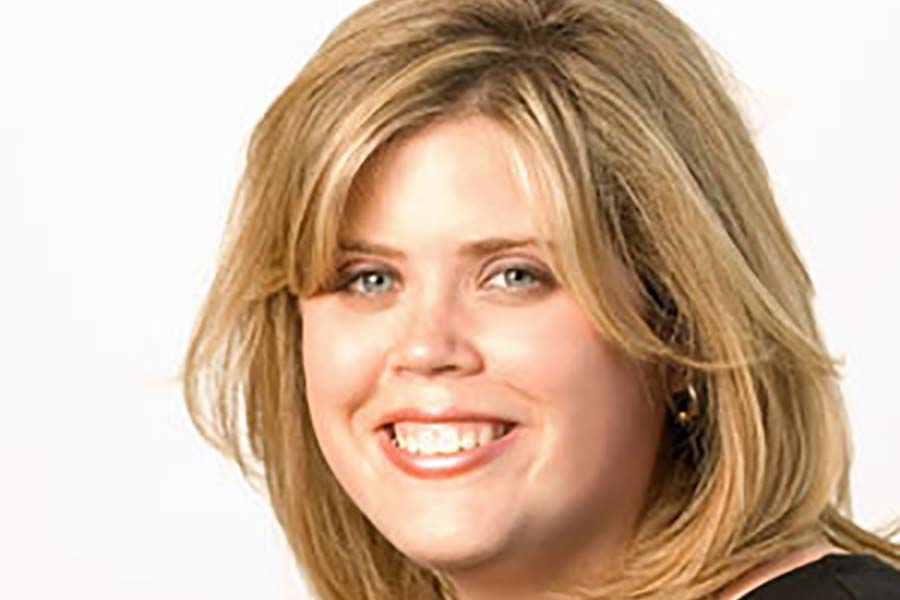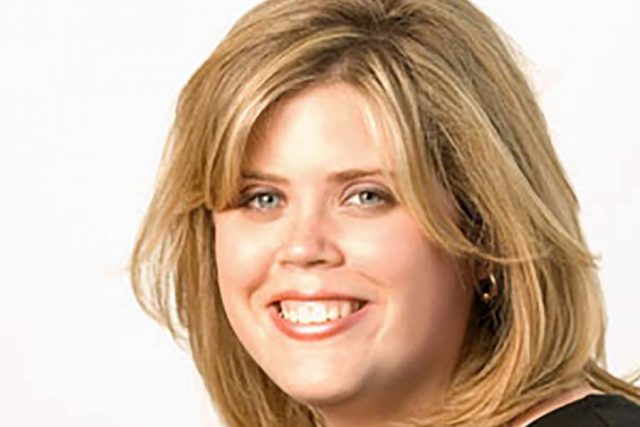Reviewed by Phillip Waite, Ph.D.

At what age were you diagnosed with chronic illness?
I’ve been sick since birth with lung, immune, and autoimmune problems and by the time I reached college, had undergone multiple surgeries and infections. My most serious problems, my respiratory ones, were always mislabeled as atypical asthma, since the test for cystic fibrosis was inconclusive. It wasn’t until I found myself in the ICU (again) at the age of 23 and found a new specialist that I received the right diagnoses: primary ciliary dykinesia (PCD), a rare, genetic lung disease; and bronchiectasis, a secondary lung disease. I was also diagnosed with celiac disease right around this same time.
How did your diagnosis affect your life?
Diagnosis had a huge impact on my life because I finally had the right label for my symptoms, which meant I finally had more effective treatments. I started preventive measures like daily chest physiotherapy, and changed a lot of my medications. Within a couple of years, I went from spending weeks and weeks in the hospital every year to a few brief visits a year and my quality of life improved vastly. From a purely emotional standpoint, it felt good to know what was wrong, especially after years of being misdiagnosed, and to find patients like me. There is a profound sense of relief in finding out there are other people whose illness narratives are a lot like mine, whose symptoms and stories mirror mine. Of course, finding out you have a rare disease that is progressive and comes with many complications, from infertility to lung transplantation in some cases, was a lot to accept but I am in such a better place knowing what is wrong and knowing what I can do to have the best health possible.
What prompted you to write a book about your experience and share your story with others?
The main reason I wrote Life Disrupted was to raise awareness of chronic illness in younger adults. With so many of us living longer with childhood diseases than ever before, and so many of us manifesting autoimmune and other chronic conditions at this stage in our lives, I knew there was a real need to target this audience. Despite our differences in symptoms, so many of us face universal challenges: managing college/graduate school with chronic illness; building careers and relationships with chronic illness; how and when to disclose illness, etc. There simply weren’t enough resources dedicated to this particular age group.
What tips would you share with others diagnosed in their 20’s or 30’s to help them continue living and healing well?
Honestly, this is a tough one because there are so many directions I could go. In Life Disrupted, I divided the material into three areas: navigating the hospital/medical establishment; navigating the public sphere (school, employment, etc); and lastly, navigating personal relationships, from dating to pregnancy. However, there are definitely some tips that apply to all of these scenarios. Control is a huge aspect of life with chronic illness, because sometimes we can do everything “right” and still experience flares–so much is out of our control. What really helps is acknowledging that while we can’t always control our illnesses, we can control how we respond to them: do we ignore them? Get so overwhelmed and angry we stand still? Make accommodations to get through the rough patch and move forward? So accepting that some of this is truly out of our control but knowing that we still have the power to decide how we react to these disruptions can make a big difference.
I can’t emphasize enough how important it is to listen to your body and your intuition. I have some absolutely wonderful, wise, compassionate doctors who know so much, but at the end of the day, I know my body better than anyone else, and that knowledge has a place in my treatment. What’s more, I have doctors who respect that and view the relationship as a partnership. After everything I have been through, I am not willing to stay in counterproductive doctor-patient relationships. In short, you need to be your own advocate, but it is so important that your doctor is an advocate for you, too.
What online health or support resources do you use day to day? Do you use social media?
I use Twitter (@achronicdose) and Facebook (Life Disrupted has its own page) quite a bit, and really enjoy interacting with other patients and writers through these platforms. The medical/patient blogging community has been a wonderful way to connect, too, and I read patient and other health care blogs daily.
Where can we learn more about your healing journey and your views about life?
I write frequently about chronic illness, writing, and healthcare on my blog, www.achronicdose.com. My first book, Life Disrupted, has a lot of patient and personal narrative to explore life with chronic illness, and my second book, a social history of modern chronic disease, will be published in 2012.
Did you find this article helpful? Join us at HealingWell for support and information about your condition. Connect and share with others like you.




